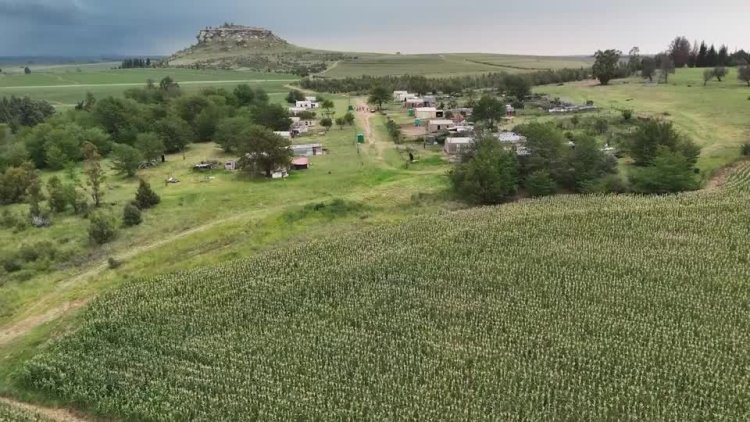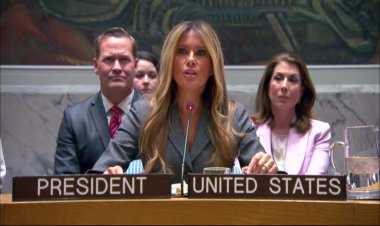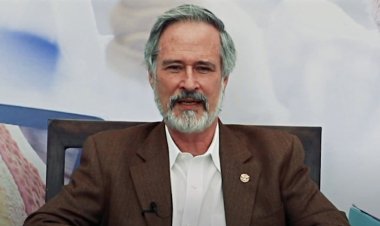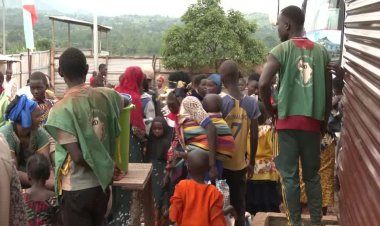South Africa's land act sparks new debate

In South Africa, the recent signing of an expropriation act by President Cyril Ramaphosa has reignited discussions about land inequality, highlighting the persistent disparities three decades after the end of apartheid. The law, which permits government land confiscation - sometimes without compensation - aims to address the significant imbalance where whites, comprising 8% of the population, own about 75% of privately-held land, while Black South Africans, representing 80% of the population, own just 4%.
The township of Fateng Tse Ntsho exemplifies this disparity, with 7,000 Black residents living in a cramped settlement surrounded by vast white-owned farmland. Local councillor Malefetsani Mokoena mediates disputes between landowners and Black residents, handling cases ranging from livestock grazing rights to potential evictions.
The situation is illustrated by cases like Meyerskop farm, where Shadrack Maseko and 14 other families face restrictions on grazing rights for their cattle, despite their families having lived and worked there for generations. This dispute reflects the broader historical context of land dispossession, dating back to the 1913 Native Land Act and subsequent apartheid policies.
While some white farmers, like Danie Bruwer, view the new law with relative calm, noting that zero compensation is a last resort, others express concern. Afriforum's CEO Kellie Kriel warns of potential land grabs, though legal expert Tembeka Ngcukaitobi emphasizes the act's 17-step process before expropriation.
The law has drawn international attention, with the U.S. White House offering resettlement to white farmers. However, supporters see it as a necessary step toward addressing historical injustices, though challenges remain regarding agricultural support and implementation. As Ngcukaitobi notes, this represents the beginning of a longer journey toward economic emancipation promised but not fully delivered since 1994.















